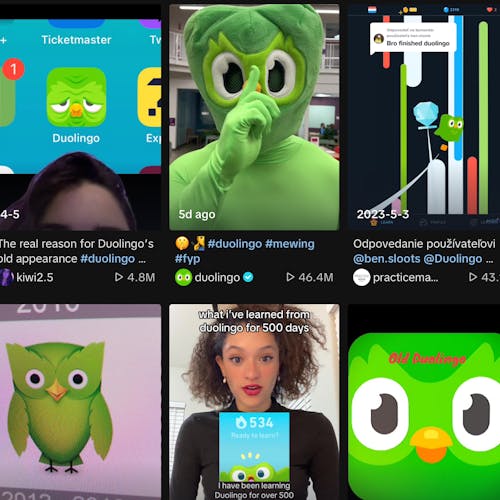When it comes to music, getting rid of your inner snob is crucial

Whether it’s for parties or studying, music provides a constant source of joy in our lives. Music brings together all kinds of people and it’s a frequent topic of discussion. And of course, everyone thinks that their music taste is great.
What can be considered good music, though? If you only listen to what’s popular at the moment, are you a normie? If you only listen to the stuff in the underground scenes, are you a pretentious hipster?
Many conflicting opinions exist about what good music is. Whether they’re stereotypes about a whole genre or about a particular artist, we’ve all heard them.
Fans don't debate the merits of good music alone, as artists themselves discuss it. Jonny Greenwood, the lead guitarist of Radiohead, recently said after launching his classical music label, “A 20-something carrying a cello case will always be more impressive than someone with a guitar. It’s just harder to do. It takes more commitment, and the sounds they make are so limitless — for all that the instruments they play are ‘traditional.’”
Another example is when the rapper/singer Post Malone said, “If you're looking for lyrics, if you're looking to cry, if you're looking to think about life, don't listen to hip-hop." He did qualify this by saying that he meant this within the context of today’s hip-hop, but the sentiment still stands.
These statements exhibit that people believe different genres inherently possess different degrees of quality and they cannot surpass that degree.
There have even been scientific studies linking certain personality traits with favoring specific genres of music. The Wharton School at the University of Pennsylvania conducted a study trying to link an individual’s personalities to musical preferences. Using the Big Five personality model, researchers could accurately predict personalities. For example, people high in openness liked sophisticated music such as classical or jazz. It’s just another factor used to stereotype people.
People’s perceptions about what can be qualified as good music not only relate to genres, but also to other ways of categorization. Some examples are of mainstream versus lesser-known music, or just comparing specific artists against each other.
A reason why some people don’t respect mainstream music is that the mainstream award shows are often comically bad in their judgment. In 2014, Macklemore won a total of three Grammys, while Kendrick Lamar received zero. This was the year of “Good Kid, M.A.A.D City,” by the way.
Even just last year, Cardi B won a Grammy for Best Rap Album with “Invasion of Privacy.” She won over albums such as Pusha T’s “Daytona” and Mac Miller’s “Swimming.” Many great rap albums such as Earl Sweatshirt’s “Some Rap Songs” or Kids See Ghosts’ self-titled album weren’t even given nominations.
This makes it difficult for listeners to respect and acknowledge that mainstream music is quality because they don’t represent their views of what quality music is. I have yet to run across one person who thinks Cardi B had the best rap album of 2018. These aforementioned Grammy examples just scratch the surface.
On the flip side, there are people who listen to underground music seemingly to boost their own music taste credentials. We all know what I’m talking about — the “let me put you on” type people. They avoid anything mainstream like the plague and think their taste is better because other people don’t know about it. Admittedly, I used to be that person a few years ago.
The concern then arises: How do we balance the appeal of mainstream music versus that of the underground? On both sides, there are obnoxious fans who cling to their pride and believe they are right. Finding common ground is difficult.
This stems from a certain attitude that develops around an individual’s music taste. People love identifying themselves with the music they love. And why not? Music means so much to people.
Last.fm is popular for tracking the music you listen to with scrobbles and Spotify has its annual report on what you’ve been listening to. Thus, one’s music taste is like a litmus test as to what type of person you are.
Maybe that’s why people are very strong in their attitudes about what music can be considered good or meaningful. It’s a fun and quick way to judge people.
At the end of the day, enjoy whatever music you want and be open-minded about new music. After all, all your favorite music was new to you at one point.



